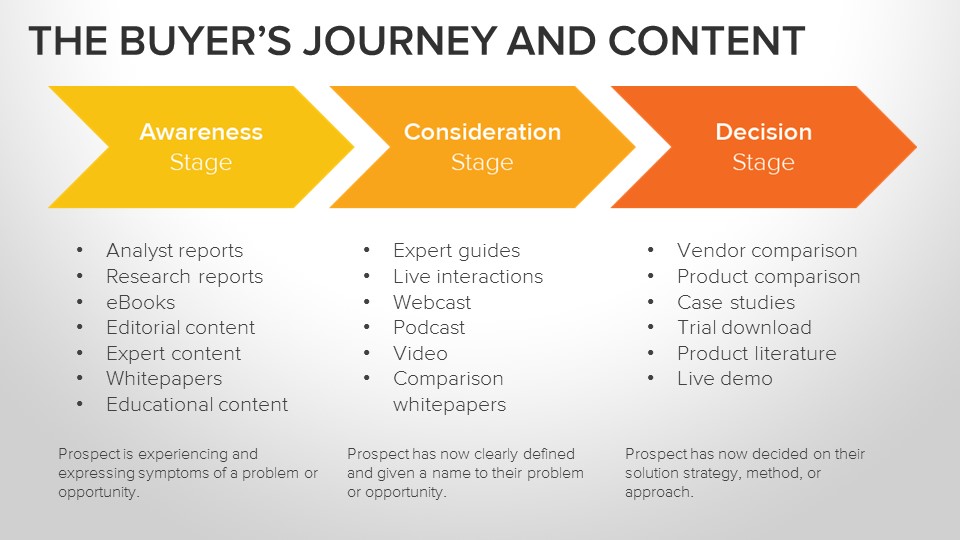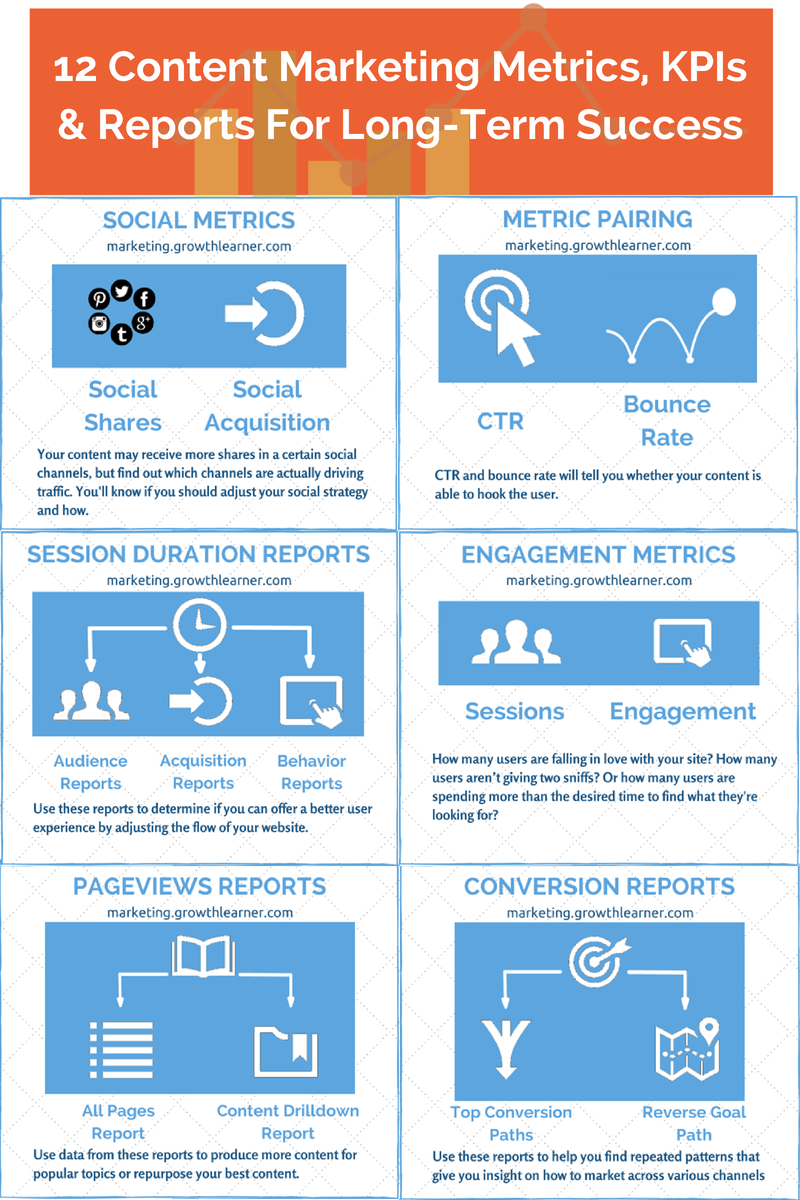The key to a fruitful business relationship is a solid foundation.
The first pitch meeting with a new agency or client can be nerve-wracking.
But you can’t go wrong if you focus on client needs.
Communication is the cornerstone of creating an effective business partnership.
Clients love well-researched pitches. But you really want to knock it out of the park during the presentation stage. Get there by asking your client the right exploratory questions.
The answers to these questions will help you design a unique content marketing strategy. The goal is to find a blueprint that works best for their brand.
Avoid false starts and future frustrations on both ends.
Ensure a long-term engagement by asking these 5 all-important content marketing questions:
1: What Are Your Content Creation Goals?
Your client is looking to connect with a different kind of consumer. One who is part of a rising digital population of 5 billion users.
Attention spans are shorter today. Each brand connection must have a lasting impact.
An online brand presence must strike the right balance between personal and professional.
Content is the fuel for this balance.
Ask the client whether they are looking for :
- High or low volume content.
- Single or multi-platform content.
- Short-form or long-form content.
To understand their priorities better, learn what they want their content to achieve.
Help the client understand what different types of digital content can do for a brand.
Their reasons could range from lead conversion, brand awareness, to general education.
Most companies create content with at least one of the following reasons:
- Link earning
- Better SERP ranking
- Audience education
- Social engagement
Content marketing is the next level of advertising. It should provoke interest and questions. It should educate, entertain, and promote curiosity.
Its presentation has to be as reader-friendly as possible.
Without well-defined client goals and strategy, content is noise. No one will pay attention to it.
Aligning your client’s goals into your content development is a logical first step.
2: Do You Have Content Guidelines in Place?
You already know that successful content is the result of a solid content marketing strategy.
But you cannot create a strategy without brand guidelines.
Identity is cause; brand is effect, and the strength of the former influences the strength of the latter.
– Larry Ackerman
Most companies invest in the creation of both brand and content guidelines. What you create for them should have the same preferred tone across various mediums.
Your client already has an idea about:
- How they talk to their customers about specific products and services.
- The information that they most want to share with their audience.
- How they want to package their information.
- Which platforms they want to focus on.
Get familiar with its brand tone. How do they introduce it? What are the keywords? How do they frame their language? What is their digital footprint?
Consistency does wonders for consumer loyalty.
The company persona must be unique and identifiable. It shouldn’t matter if it is a blog post, e-newsletter, social media post, or a website update.
Familiarizing with the brand voice will improve your content development process. That’s because you will have clear editorial guidelines.
These guidelines cover your grammar and style specifications. They could even include key image and phrasing preferences.
The advantage of this framework?
- Reduction in writing and editing time.
- Streamlined approval processes
- Better quality content.
- Increased digital readership and retention.
- Quality lead generation.
3: Who Is Your Target Audience?
Without audience awareness, any content you create will have minimal impact.
Audience knowledge gives you the best idea about what messages people care about.
Use social media listening. Tune in to conversations around your client and their competitors too.
Pay attention to unsolicited reviews written by users. Note how people talk about services and products provided by your clients. See how people talk about the client too.
That language will guide your strategy.
The most effective marketing messages have a unique trait. They make people feel like the writer read their minds.
It is the kind of content that:
- Pinpoints their pain points.
- Answers their questions.
- Gives them solutions to challenges.
- Aligns with their interests, goals, and desires.
The currency of digital communities is an emotional connection. That makes it a vital part of content marketing.
Find out what makes your clients’ customers engage. What kind of content are they happy to share? What makes them comment on a post? What keeps them lingering on a website?
Customer personas are essential to your research. Writing to a 70-year-old grandmother is different from writing for a 35-year-old business owner.
Getting it right from the outset makes both development and production simpler.
There is an ROI for your clients attached to targeted content. They include higher conversion rates and more clicks. This could mean increased email opens, and better sales prospects.
4: What Types of Content Do You Want to Provide?
Audience research informs your clients’ development process too.
It defines content scheduling. It helps you figure out how much new material you need. It shows you what existing content can be repurposed.
Digital content is quite diverse. Brands use all forms of curated content to reach their customers.
Examples include articles, videos, infographics, eBooks, white papers, and much more.
Frame your content strategy questions around your clients’ deliverables. They should also factor in the discussed content goals.
Some businesses may use niche content such as white papers. These work quite well in technical fields.
A visual approach to social media may work better for a resort looking to book new clients.
Blog posts and articles are the standard expectations for all brands. They do well for lead generation on platforms like Linked In and Twitter.

5: How Do You Measure Content Effectiveness?
We can’t overlook the business resources that go into content development. A healthy business must analyze the ROI of each content marketing campaign.
For each content goal, there should be a KPI. It is always better for the bottom line when a business knows what works.
Learn what matters to your client. It will help you focus on building an evergreen brand for them.
Content creation is key for SEO and content marketing.
Analytics serve important functions to both these elements.
With the right tools you can now:
- See where site users come from.
- Pinpoint types of content preferred by your audience.
- Identify content that needs to be repurposed or upgraded.
- See potential gaps and opportunities in your digital strategy.
Knowing what your clients’ priorities are helps you create a suitable game plan.
You will know how much content you are responsible for. You will also have a good idea about production frequency.

Create High-Value Content With Us
Part of your job is to ensure that your client receives consistent content. Delivering excellent quality is non-negotiable.
Digital marketing is an ever-changing industry. Between keeping up with SEO best practices and managing client relationships, things can get complicated.
Our team of writers can create content from technical to accessible. We will focus on producing engaging writing. You can focus on other critical client priorities.
